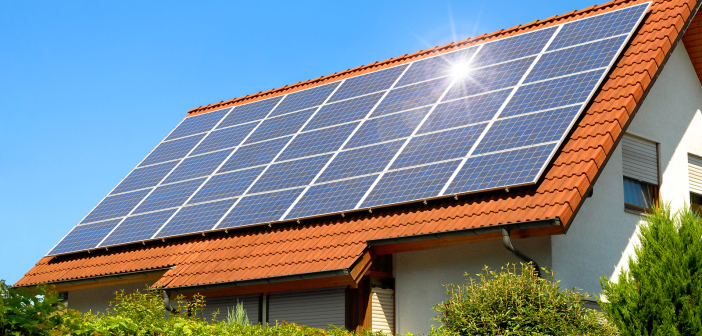Even though there are many advantages to solar energy, there are still a few obstacles that prevent many people from purchasing solar panels for their homes. One of the best features of solar energy is that it’s renewable, at least for the next 6.5 billion years that NASA estimates the sun will survive. Unlike finite resources like oil, energy from sunlight is sustainable and abundant. In addition to being environmentally friendly compared to many other energy sources, solar panels reduce energy costs while decreasing energy dependence.
Currently, about 11 percent of energy consumption comes from renewable sources, a figure that is expected to increase to 15 percent by 2040 according to the U.S. Energy Information Administration. Industries around the world are also working towards increasing this percentage, and manufacturers of solar panels are finding ways to further reduce production and installation costs.
Another way that solar panels are environmentally friendly is that, in addition to not polluting the air, they also don’t contribute to noise pollution. They also require very little maintenance other than a cleaning and most manufacturers offer long-term warranties of up to 25 years.
To help individuals and businesses offset the cost, many states offer tax incentives. You can search this database to find incentives offered by your state. Unfortunately, the government continues to offer incentives to other energy providers as well, such as the coal industry, which in 2010 received $1,189 billion in federal subsidies as compared to the $968 billion the solar energy industry received.
The high cost of the initial investment in solar panels continues to be the biggest deterrent for people who would like to switch to more environmentally friendly energy sources. However, the cost can often be recovered within a relatively short period of time. For example, the National Renewable Energy Laboratory conducted a study that showed that homes with solar panels sold for 17% more money and 20% more quickly than homes without them.
According to V3 Electric, “One of the most common objections to converting to solar energy is that it is intermittent, since the sun doesn’t always shine. The batteries that store solar energy for later use are also expensive. However, some of the latest innovations include improved techniques in the production of silicon wafers, which is predicted to decrease the cost of solar power by 20 percent in the near future.”
Other objections include that fact that the production of solar panels utilizes nitrogen trifluoride and sulfur hexafluoride, which are pollutants. Additionally, rare and expensive natural substances such as cadmium telluride and copper indium gallium selenide are used in the production of thin-film solar cells.
Finally, a certain amount of space is required to install solar panels in order to make this form of energy cost effective. As a result, 1/5 of American homes would be ineligible for installation of solar panels due to lack of sufficient space. This limitation is being met with the development of community solar gardens, in which neighborhoods share in the cost of purchasing and installing panels that generate electricity.
As with most energy sources, solar power isn’t perfect, but its overall benefits outweigh the costs. More good news is that solar panels, like automobiles, can now also be leased, which allows consumers to save money and help the environment without having to make a large initial investment. Those who choose to invest in purchasing solar panels can expect monthly savings of about $100 on their electricity bills that will allow them to recoup their initial investment over time. In some cases, unused electricity generated by solar panels can also be sold back to energy companies, increasing savings even further.
Sources:




